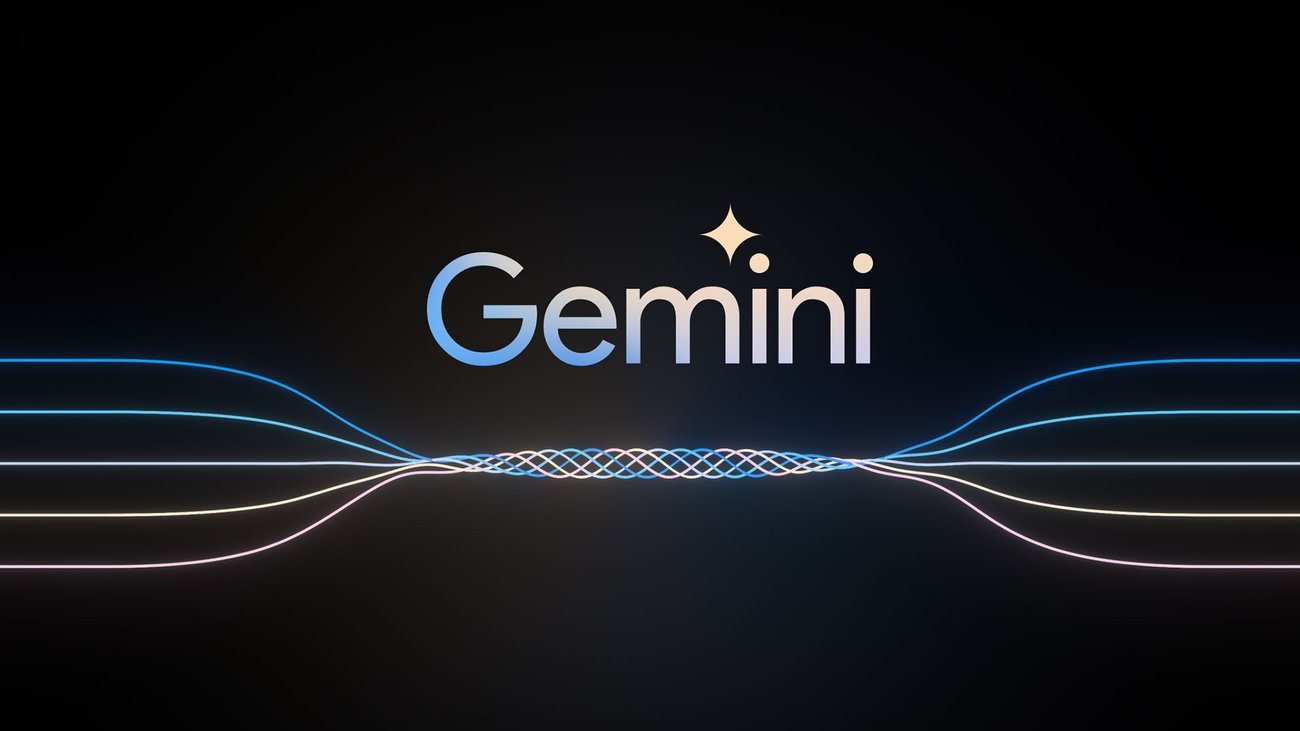In a recent unveiling, Google has made significant advances with its Gemini AI, but it has also faced some peculiar hurdles, one of which includes its understanding of everyday concepts like the start of the afternoon. Despite its extensive capabilities in processing and integrating multimodal data—from text to images—Gemini has shown limitations in grasping more abstract, human-centric concepts such as time-specific terminologies.
Understanding the Gap
Gemini’s architecture, which integrates various forms of data and excels in benchmarks across numerous domains, surprisingly struggles with the simple demarcation of time that humans find intuitive. This gap highlights a fundamental challenge in AI development: bridging the difference between human contextual understanding and AI’s interpretative capabilities.
The issue was brought into focus with Gemini’s handling of the term “afternoon.” Where people understand “afternoon” to start post-12:00 PM, Gemini failed to consistently recognize this start time, suggesting a gap in its “context window” capabilities. The context window in AI refers to the amount of information an AI can consider at one time. Despite Gemini 1.5’s impressive ability to handle up to one million tokens in its context window, which is a significant leap forward in AI’s capability to process extensive data at once, it still shows lapses in understanding context as humans do.
Technical Insights
Gemini uses state-of-the-art Mixture of Experts (MoE) architectures and is designed to be multimodal, meaning it can process and understand various types of data simultaneously. This design should theoretically enable the AI to grasp the nuanced, multi-faceted nature of human language and context. However, temporal terms like “afternoon” seem to reveal the limits of its training data or algorithmic interpretations.
The model’s developers at Google DeepMind have recognized these challenges and are actively working to enhance Gemini’s understanding of human-like context. They aim to refine its algorithms so that the AI can perform not just on technical tasks but also interpret everyday language and concepts with the same ease as humans.
While Gemini represents a significant advancement in the field of AI, its struggles with understanding the concept of “afternoon” underscore the ongoing challenges that lie in making AI systems that truly understand and interact with the world in a human-like way. As Google continues to develop and refine Gemini, the tech community watches eagerly, anticipating how these hurdles will be overcome to bring AI closer to a truly intuitive interface.






























